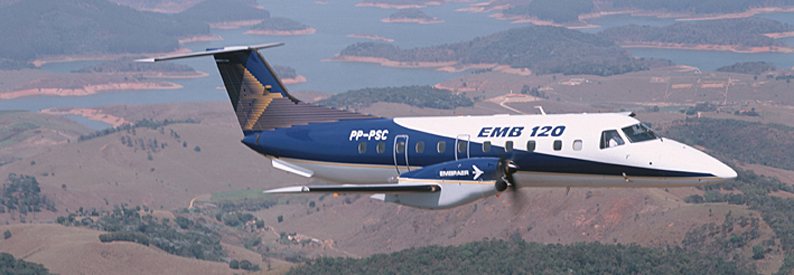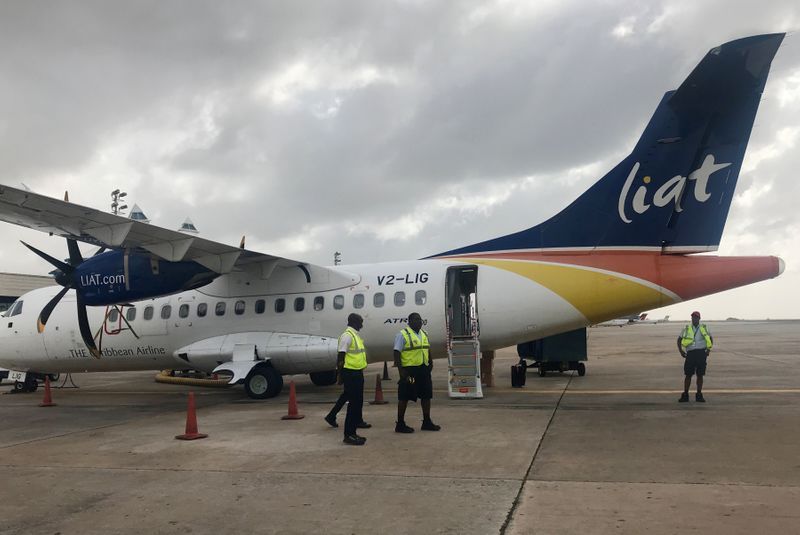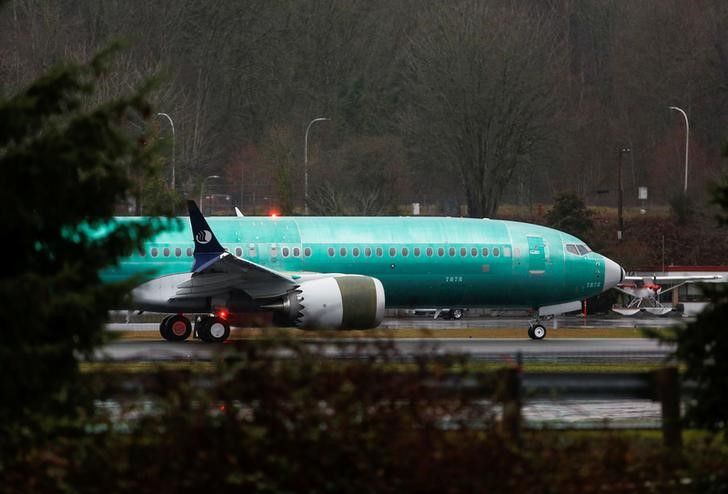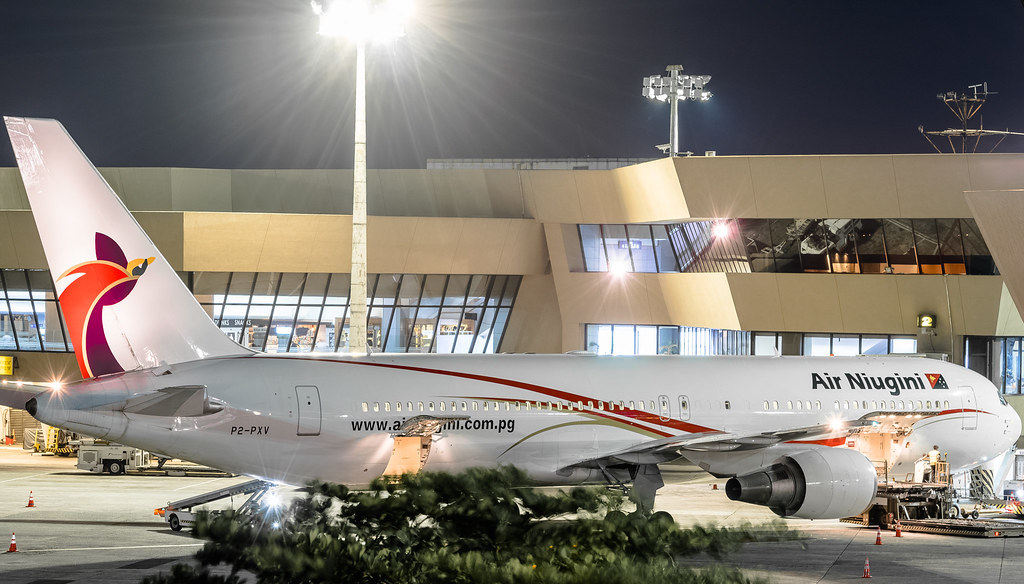
SINGAPORE (Reuters) – Competition is cranking up in the world of turboprops.
For years turboprops were an ignored corner of the aircraft industry, accounting for about 120 aircraft a year compared with the more than 1,000 jets made by giants Airbus and Boeing.
But growing rivalries in the turboprop business cut through a Singapore Airshow depleted by coronavirus this week.
While intercontinental jet travel is vulnerable to trade wars and disruptions such as epidemics, regional development in archipelago nations like Indonesia is favouring the turboprop.
The market has been dominated for years by Europe’s ATR, jointly owned by Airbus and Italy’s Leonardo, which enjoys a relatively undisturbed lion’s share of the market with a small slice also held by the Canadian-owned De Havilland Dash 8.
But the commercial arm of Brazil’s Embraer is sharpening a pitch to return to the market and Chief Executive John Slattery told Reuters he expected a decision by the end of the year.
“We should be positioned in the mid-to-late fourth quarter to bring a business case with a recommendation to our board,” he said in an interview.
In a sign that the development is accelerating, Slattery said he had held talks with three potential engine suppliers – Rolls-Royce, General Electric and Pratt & Whitney Canada, part of the engine unit of United Technologies.
“We are fully engaged with engine manufacturers now and meeting here at the air show…We are excited by where we are.”
Until now, planemakers have found it difficult to justify the estimated $2-4 billion investment needed to develop a new turboprop, despite its efficiency on relatively short flights.
The market has been stagnant at about 120 deliveries a year and demand for the planes is dependent on volatile oil prices, with turboprops displacing small jets when prices are high.
The thrumming noise of the propellor-driven turboprop also puts some passengers off, travel experts say, even though many in the industry say that reputation is already out of date.
Slattery said quiet new engine technology and advances in passenger comfort would stimulate demand.
“We believe the market opportunity going forward is significantly different to what past decades have shown.”
COMPETITION BOOST
China has already entered the fray with its planned MA700.
At ATR’s bright-red stand inside Singapore’s exhibition hall, Chief Executive Stefano Bortoli shrugged off the threat of a comeback by Embraer which already makes smaller turboprops.
“I think once Embraer will let us know their decision you will have our comments. At this point in time it is simply commenting on opinions. Not that we will stand still,” he said.
The fundamental shape of the two-aircraft ATR family seating 40-78 people has not changed in about 30 years, but the aircraft was modernised with the -600 variant around a decade ago.
ATR recently launched a freighter and a version designed for use on short runways, which has opened opportunities in markets such as Japan and Papua New Guinea, where PNG Air emerged as a launch customer this week.
“The approach we’ve taken…is let’s consolidate the platform that we have…and when the right time comes and there are solid options available, let’s go for that,” Bortoli said.
ATR shareholders have clashed in the past about whether to launch a bigger new 90-seater, with Toulouse-based Airbus blocking the investment. But industry analysts say ATR would have to consider responding to a new plane from Embraer.
The prospect of greater competition in turboprop adds zest to efforts by Embraer to complete a tie up with Boeing, which has agreed to acquire control of its commercial division.
The European Commission has extended its scrutiny of the $4 billion deal, fearing that it would narrow options for airlines.
Slattery reiterated Embraer would only have the appetite to invest in a new turboprop in the context of the Boeing venture.
He declined to elaborate but industry experts say it is a signal to Europe that the Boeing deal would improve choice for airlines by prompting ATR to come up with its own new product.
One European source said it remained doubtful whether Boeing would support a new turboprop once it gained control of Embraer, but analysts note the U.S. planemaker has not yet ruled it out.
(Reporting by Tim Hepher, Jamie Freed; editing by David Evans)


